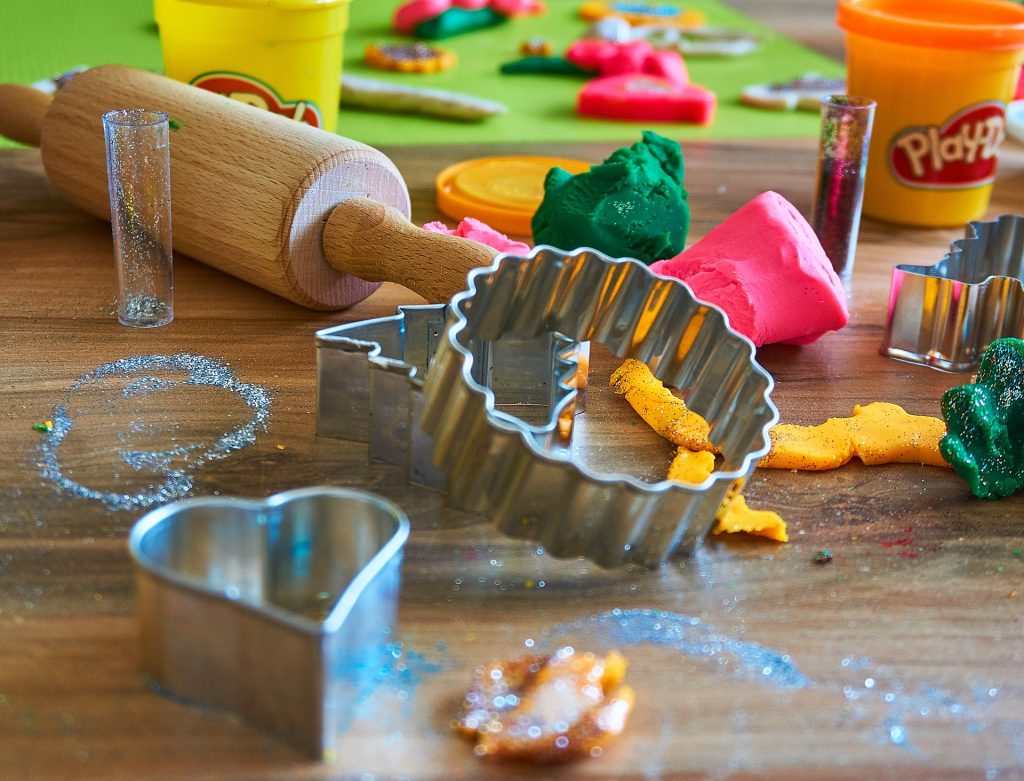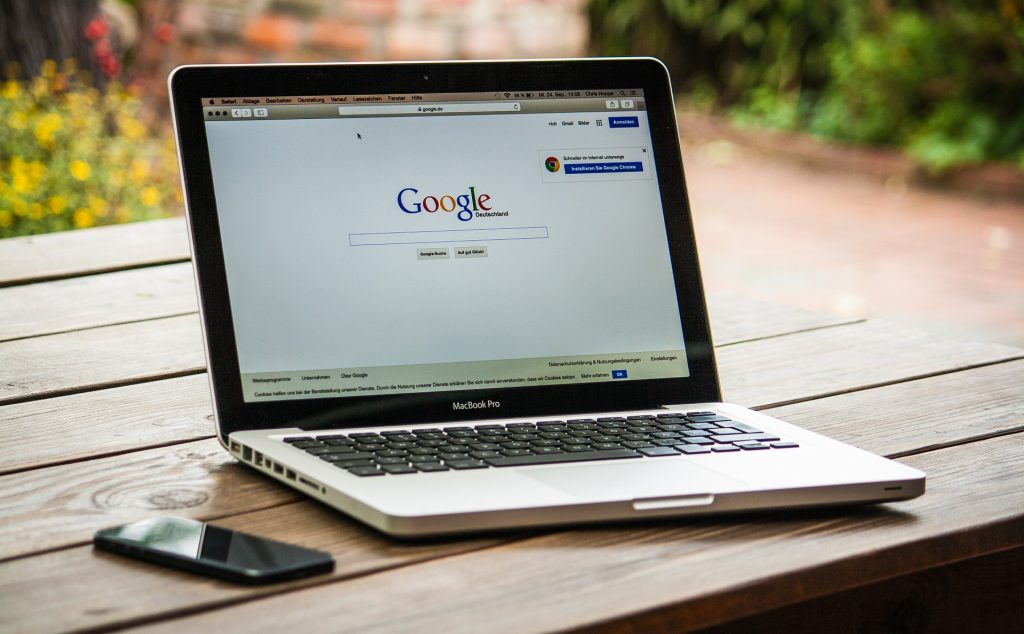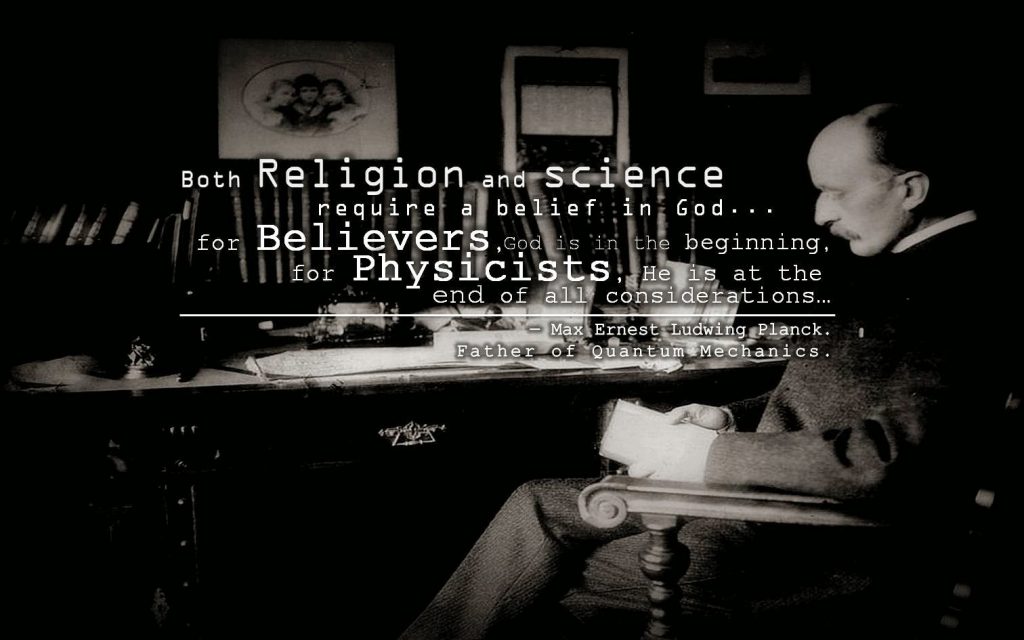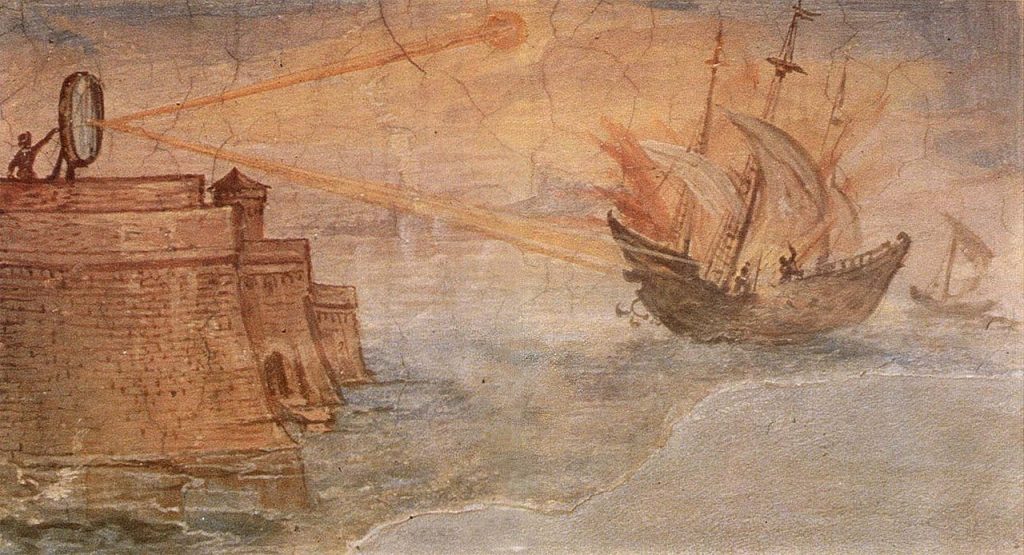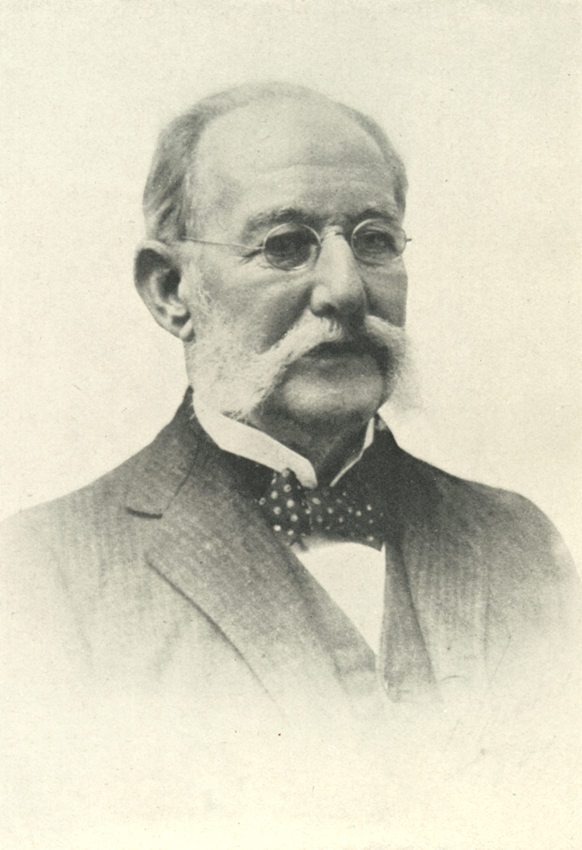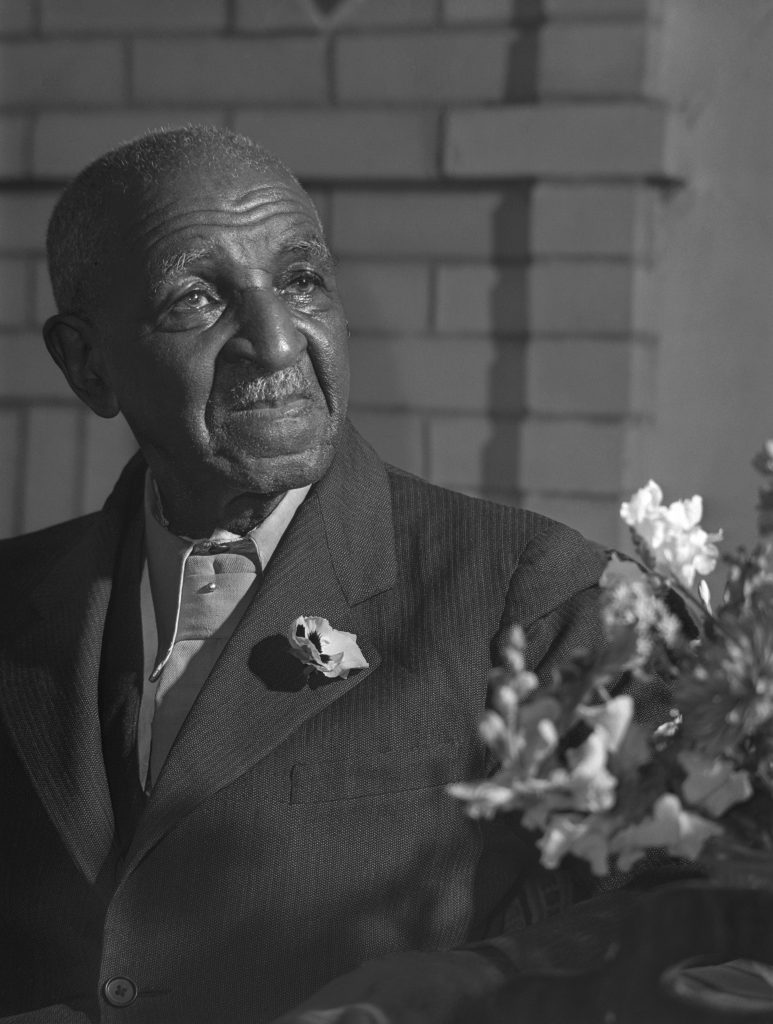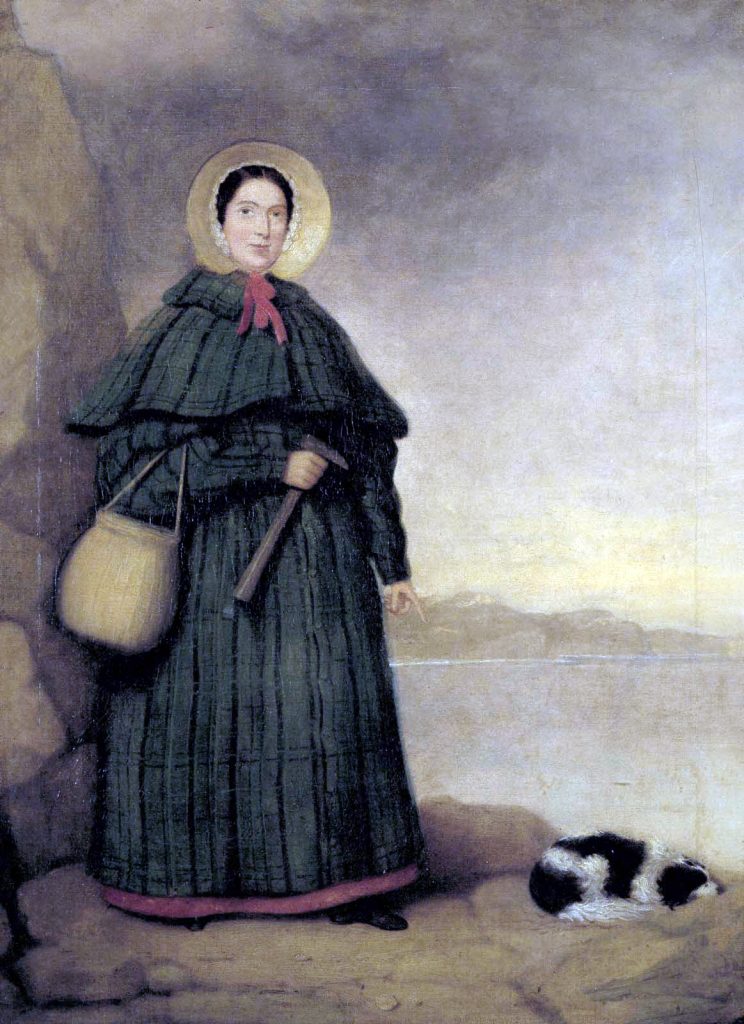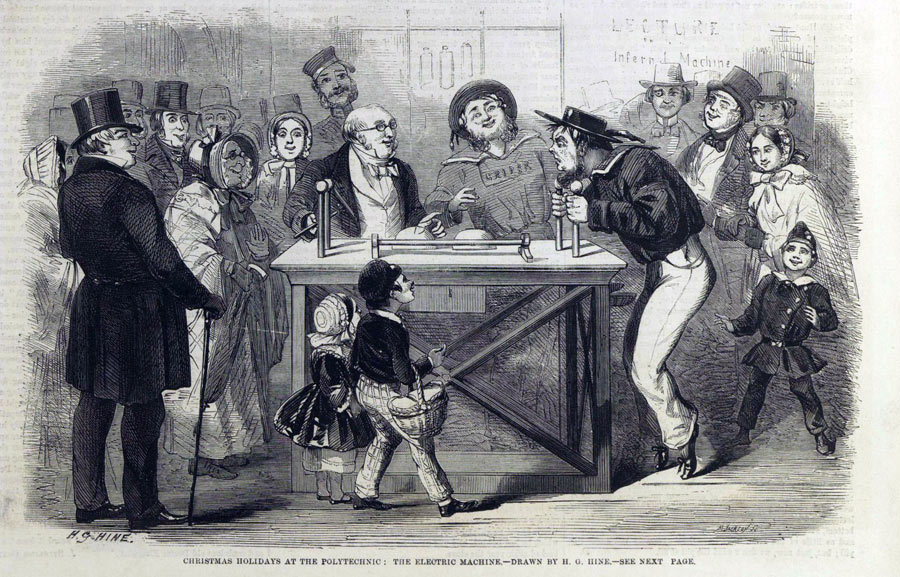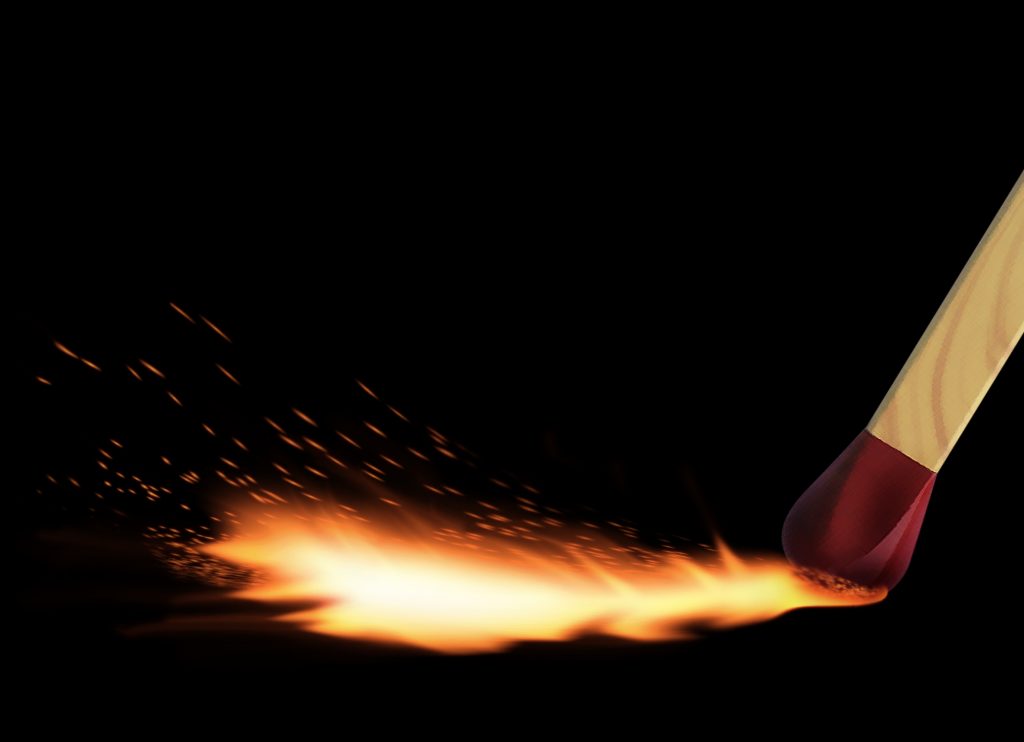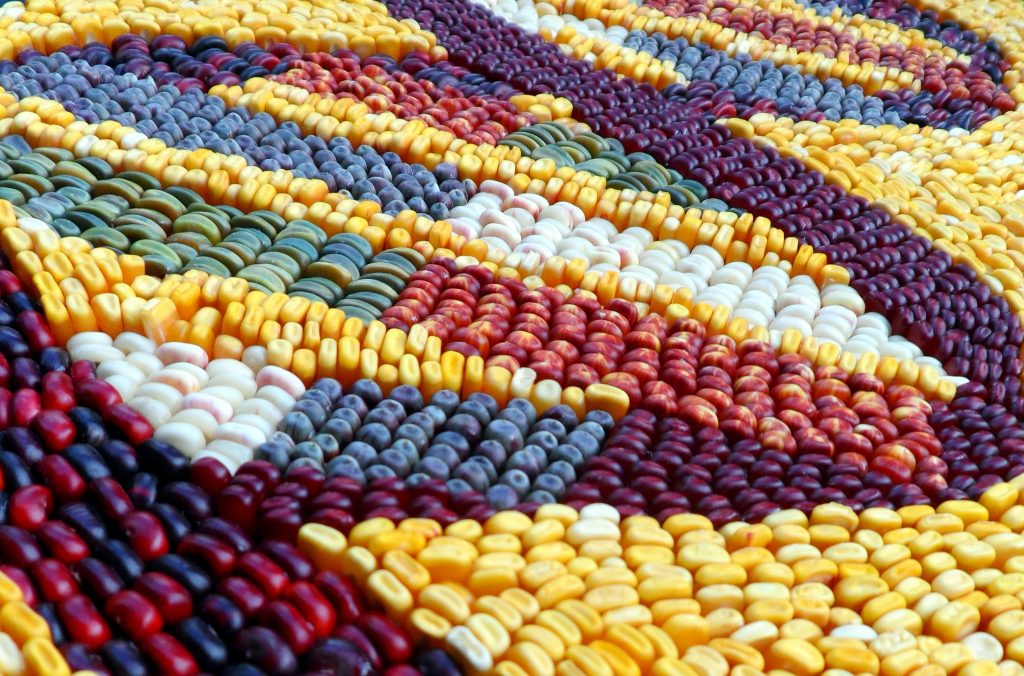Play-doh is fairly ubiquitous. Where there are toddlers, there is Play-doh or a variant of it. It’s one of the most beloved fidget toys for those with sensory issues, meaning it’s making it’s way into older people’s desks so they have something to manipulate while they think. So, what’s the history behind this beloved toy? …
